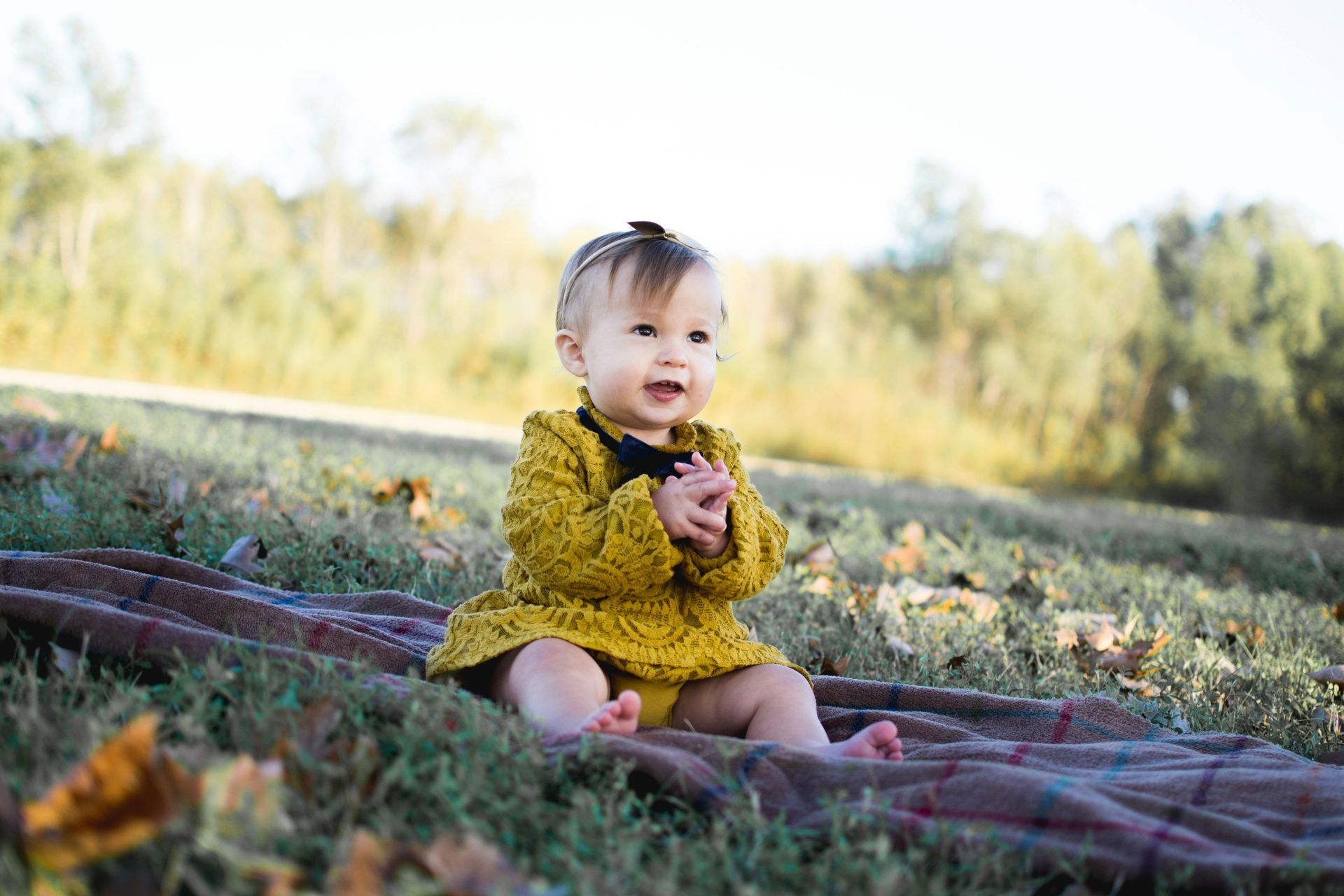OLDER BABY (9 MONTHS TO 12 MONTHS)
- The incidence of accidental poisoning begins to increase by this age. Poisons and toxic substances should be secure. In case of poisoning, refer to the poisoning section of this handbook. In Arkansas, the phone number for poison control is (800) 222-1222.
- If guns are kept in the home, safety precautions are crucial. You should lock up guns and place trigger locks on guns so that there is no possibility that your child can accidentally discharge the weapon. Ammunition should be locked up in a separate location. It is a deadly mistake to keep loaded guns in a home with children present. Never allow a child to play with a gun even if it is known to be unloaded. Touching a gun is strictly off limits to small children of all ages.
- Infants and children should not ride on motorized machinery with parents. These include lawn tractors, lawn mowers, all-terrain vehicles, farm vehicles, industrial equipment and other like machinery. Severe injury may result.
- Foods such as nuts, bacon, popcorn, chewing gum, hard candy, and hot dog like meats are dangerous because they can be aspirated into the lungs. They should never be given to young children of this age.
- Plastic bags and un-inflated balloons can also cause aspiration and suffocation. Your young child should not be allowed to play with these.
- Continue placing your child in a child car safety seat. Make sure that the child car safety seat is the proper size for your child’s weight. Continue to avoid placing the car safety seat in an automobile seat which is equipped with an air bag. Continue to be vigilant in not leaving your child alone in a hot car. Our car seat recommendations can be found here.
- Lead exposure can harm your child, slowing physical growth and mental development and by damaging many parts of the body. The most common way children get lead poisoning is by being around old house paint that is chipping or peeling. Commercial kits are available at big box home improvements stores that can check old paint for lead contamination. We recommend doing blood lead testing at one year of age if your child is positive for any of the following risk factors: Does the child live in or regularly visit a house built before 1978 with deteriorated paint or ongoing renovation? Does the child have a sibling or playmate with lead poisoning? Does the child live with an adult whose job or hobby involves exposure to lead? Does the child live near an active lead smelter, battery recycling plant, or other industry likely to release lead? Does the child live in or regularly visit a house built before 1960 with intact paint that has not been recently renovated? This could include a day care center, preschool, the home of a baby-sitter, etc. This is especially problematic if there is peeling or chipping paint.
- Babies should be protected from the possibility of drowning in a swimming pool. Gates, fencing and alarms are needed for pools for safety.
- Continue to limit screen time.
- At this age we begin a series of computerized developmental checklists for various ages with a tool called Ages and Stages. This checklist helps us monitor your child’s development. Ages and Stages is administered through a website called CHADIS. We will provide a link to your online Ages and Stages Questionnaire before your nine month checkup. Because we are charged to use this service, we in turn make a small charge for its use.


